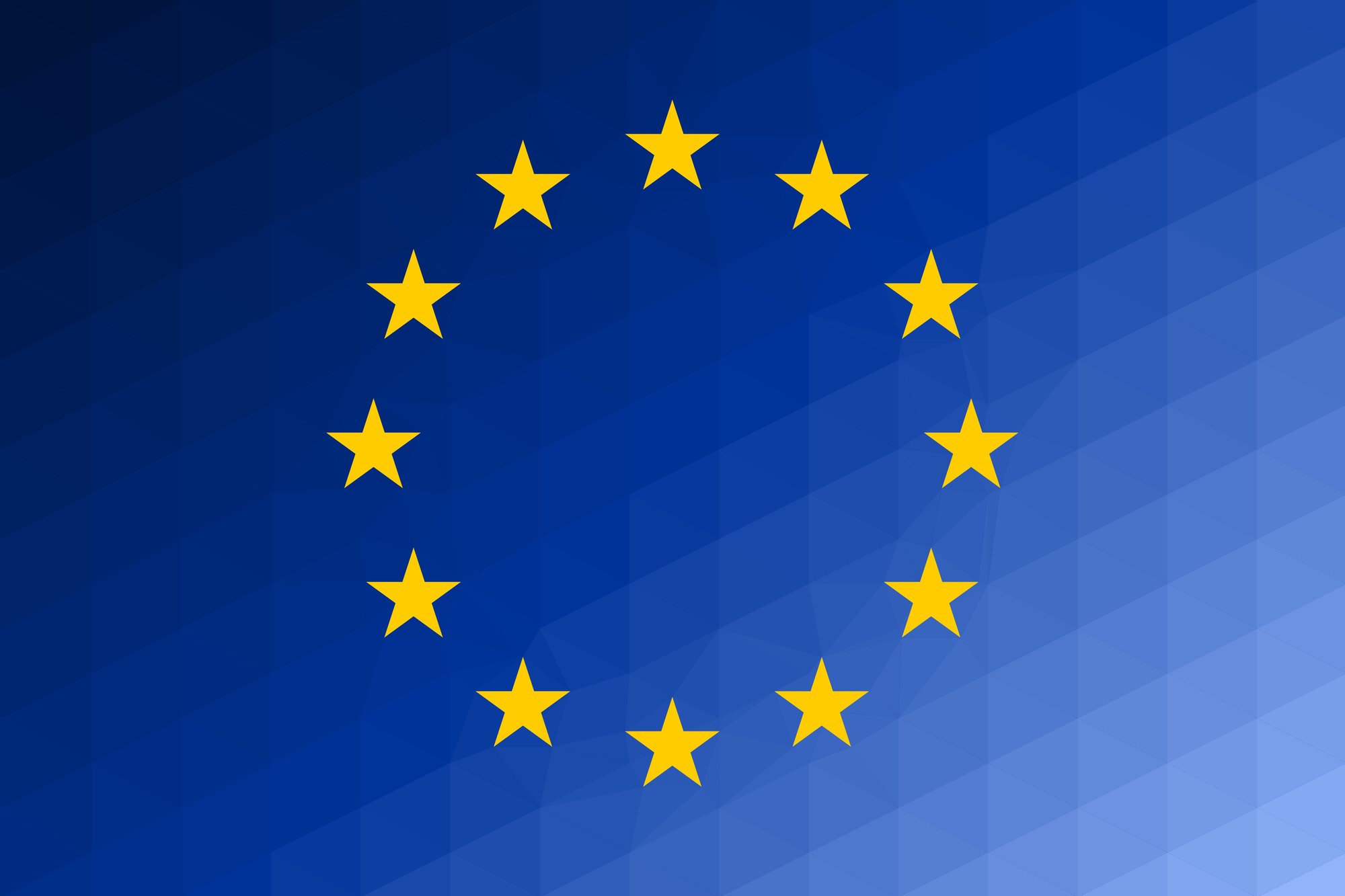Quickly to

The unitary patent came into force since 1 June 2023 - a patent that offers protection for 17 countries of the European Union “in one go”. On this page, you can read everything about a unitary patent.

The unitary patent is a patent that offers protection “at once” for 17 countries of the European Union. The unitary patent must make it financially attractive for the patent applicant to obtain a patent in “Europe”.
The unitary patent should make it financially more attractive for patent applicants to obtain a patent in “Europe”. Particularly when a patent is desired in a relatively large number of European countries, the unitary patent will be more financially attractive than a bundle of national patents.
The unitary patent offers protection for 17 countries of the European Union. Not all 27 EU countries are participating. For example, an important country such as Spain is not taking part. The same applies to the United Kingdom (UK) since Brexit.

The unitary patent makes it possible to apply for a patent that is valid in several countries at a lower cost.
Because patents can be applied for centrally, it is no longer necessary to go to a national court of the country in question.
You can enforce your unitary patent in a centrally oriented court.
The unitary patent makes it possible to take infringers to court in a more “powerful” way.
The cost of maintaining a unitary patent has been equated with the cost of the renewal fees of the four most popular “validation countries” (i.e. the four countries in which a “classic” European patent has been most frequently validated). If you have more than four European countries for patent protection in mind, a unitary patent can therefore be cost-effective.


The costs of a unitary patent differ in many cases from the costs of a ''classic'' European patent.
Lees meerThe unitary patent came into force since 1 June 2023
The unitary patent provides protection for the following 17 countries of the European Union; Belgium, Bulgaria, Denmark, Estonia, France, Germany, Italy, Latvia, Lithuania, Luxembourg, Malta, Netherlands, Austria, Portugal, Slovenia, Finland and Sweden.
A unitary patent is not valid worldwide. For EU countries that do not participate in the unitary patent, the situation remains “the same” and protection can only be obtained through a “classic” European patent.
The unitary patent was created to make it easier and cheaper to obtain patent protection in several European countries at the same time. A unitary patent is (as stated above) more cost-efficient, in particular with regard to the costs of the renewal fees, and on the other hand, the "Unified Patent Court" to be set up offers the possibility to establish the validity of a unitary patent - or infringement of a unitary patent - “centrally”, without having to initiate separate procedures at national level.
Patents are essentially national rights. This means that patents must in principle be applied for in every country where you would like to establish patent rights.
Lees meerThis is a new European patent court where unitary patent disputes are settled. This court only deals with patent cases.
Quickly to

European Patent Attorney | Partner | UPC Litigator

Senior European Patent Attorney | UPC Litigator

Senior European Patent Attorney | UPC Litigator

Senior European Patent Attorney | UPC Litigator

European Patent Attorney | Partner | UPC Litigator

European Patent Attorney | UPC Litigator

European Patent Attorney | Partner | UPC Litigator

European Patent Attorney | Partner | UPC Litigator

Senior European Patent Attorney | UPC Litigator

European Patent Attorney | Partner | UPC Litigator

European Patent Attorney | Partner | UPC Litigator
A unitary patent offers you as a (future) patent holder additional choices. Whether a unitary patent is of interest to you depends on your specific situation. AOMB is happy to discuss with you which choices are desirable for your patent portfolio.
Contact us